“Iron & Glory Game on Mini Travel Chess Set” has been added to your cart. View cart
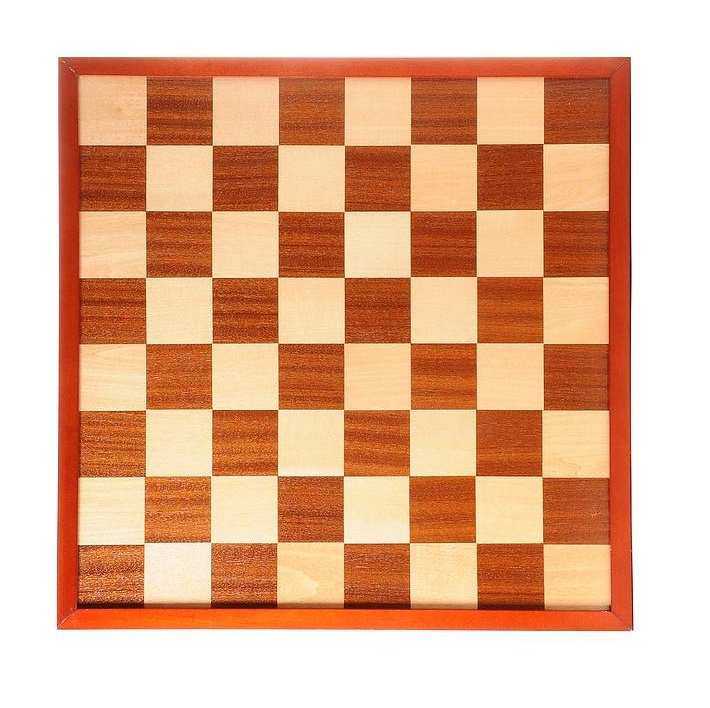
19,95 €
Delivery information:
Longfield Games Wooden Checker and Chess Board
19,95 €
Longfield Wooden Checker and Chess Board is a reversible international draw board of 10 x 10 squares and large chessboard of 8 x 8 squares.
Delivery information:
Code EAN: 8716096001020
SKU: 91288
Categories: Home & Kitchen, Toys & Games
Tags: Checkers, Chess, Games
Brand: Longfield Games
FUN TO HAVE AND FUN TO GIVE!
Longfield Wooden Checker and Chess Board is a reversible international draw board of 10 x 10 squares and large chessboard of 8 x 8 squares. Walnut inlaid with maple veneer.
PRODUCT FEATURES
- Dimensions: 42 x 42 cm
10 Tips to Become a Chess Champ
LEARN THE MOVES
Each chess piece can move only a certain way. For instance, a pawn moves straight ahead but can only attack on an angle, one square at a time. A knight’s move is L-shaped. The bishop moves at an angle but can move more than one square at a time. The rook (castle) can move only in a straight line but can go forward, back or to the side. The queen, the most powerful piece, can move in any direction for any number of squares, but not two directions in one move. And the king moves at a stately pace — as a king should — one square at a time in any direction.OPEN WITH A PAWN
Move the pawn in front of either the king or queen two squares forward. (Only on its opening move can a pawn move two squares.) This opens pathways for your bishops and queen to enter the game. They move on an angle and can’t get out onto the field of battle if pawns are in the way.GET THE KNIGHTS AND BISHOPS OUT
Before you move your queen, rooks or king, move your knights and bishops toward the center of the board. You want to get these pieces out from behind the pawns so they can attack.WATCH YOUR BACK!
And front! When it’s your turn, always think to yourself, “What did my opponent’s last move do? What is he up to?” Is he laying traps to capture your pieces? Then decide on your own plan. Always look at all your possibilities. Look at moves that would capture your opponent’s men or threaten his king first. But always double-check your moves before you play them. Ask yourself, “Does my move leave something unprotected?”DON’T WASTE TIME
Don’t make too many moves with your pawns or try to pick off your opponent’s pawns.“CASTLE” EARLY
Castling is a move that allows you to move your king to safety and bring your rook into play. Once all the squares between your rook and the king are unoccupied you can move the king two squares toward the rook while the rook moves to the square on the the king’s other side. If your opponent neglects to castle, you might be able to launch an attack on his king. This is the only move in which more than one piece may be moved in a turn.ATTACK IN THE “MIDDLEGAME”
After you’ve brought all your knights and bishops into the game and castled (these moves are your “opening”), the middlegame begins. In the middlegame, always be on the lookout for ways to capture your opponent’s men. Take any piece that your opponent doesn’t protect. But look at what will happen to your piece if you take his — will you get picked off? Always be looking for ways to move lots of your men into position to attack the enemy king.LOSE PIECES WISELY
You’ll take some of your opponent’s pieces. Some of your pieces will be taken. You must figure out what is and isn’t a good swap. Use these points to figure out whether you’re making a good move if you’re going to lose one of them:- Queen: 9 points
- Rook: 5 points
- Bishop: 3 points
- Knight: 3 points
- Pawn: 1 point
DON’T PLAY TOO FAST
If you see a good move, sit on your hands and look for a better one. Patient thinking is the key to chess success.WIN THE ENDGAME
After you and your opponent swap pieces and you’re down to just a few men, the endgame begins. Now the pawns become more important. If you can advance a pawn to the farthest row away from you, that pawn becomes a queen. A big success! Let your king attack, too, as long as he stays out of reach of your opponent’s remaining pieces — especially the queen — and does not let himself to be checked. Your king is said to be in check when your opponent threatens to use one of his pieces to capture the king on his next move. If your king is checked and you have no way to remove the threat — it can’t run away, you can’t capture the opposing piece that has him in check and you can’t block the check by moving one of your own pieces — the game is lost. Checkmate! If you checkmate your opponent before he checkmates you, then you win!| Dimensions | 42 × 2 × 42 cm |
|---|
Only logged in customers who have purchased this product may leave a review.
Delivery
- Shipment will usually be within 24 hours after receiving your payment
- A valid tracking will be provided upon processing your order
- Tracking can be done at our website Shipment Tracking
- Full information available at Delivery
Shipment Costs
- Within the Baltic States and Finland, orders from EUR 30.00 are eligible for free shipping
- In other European countries free shipping is available from EU 75.00
- in other cases, shipment costs are automatically calculated depending on your destination and the weight/volume of the item(s) purchased
- Specific Conditions could apply depending on destination or articles purchased
RIGA, LATVIA
- We have a customer support centre in Riga Centre, Ģertrūdes iela 110, Rīga, LV-1009, LATVIJA
- You will be able to collect your order here between 10:00 and 16:00, Monday – Friday
- Only pre-paid orders will be available for collection
Warranty
- All purchased items come with Factory warranty
- Full information available at Warranty
Returns and exchanges
- Of course you might change your mind, a 14 day trial period is included!
- Please see for full conditions here Returns and exchanges
Contact
For any questions, please drop us a message at support@i-goods.eu
Related products
Iron & Glory Dead Mans Hand – Premium Poker Set
0
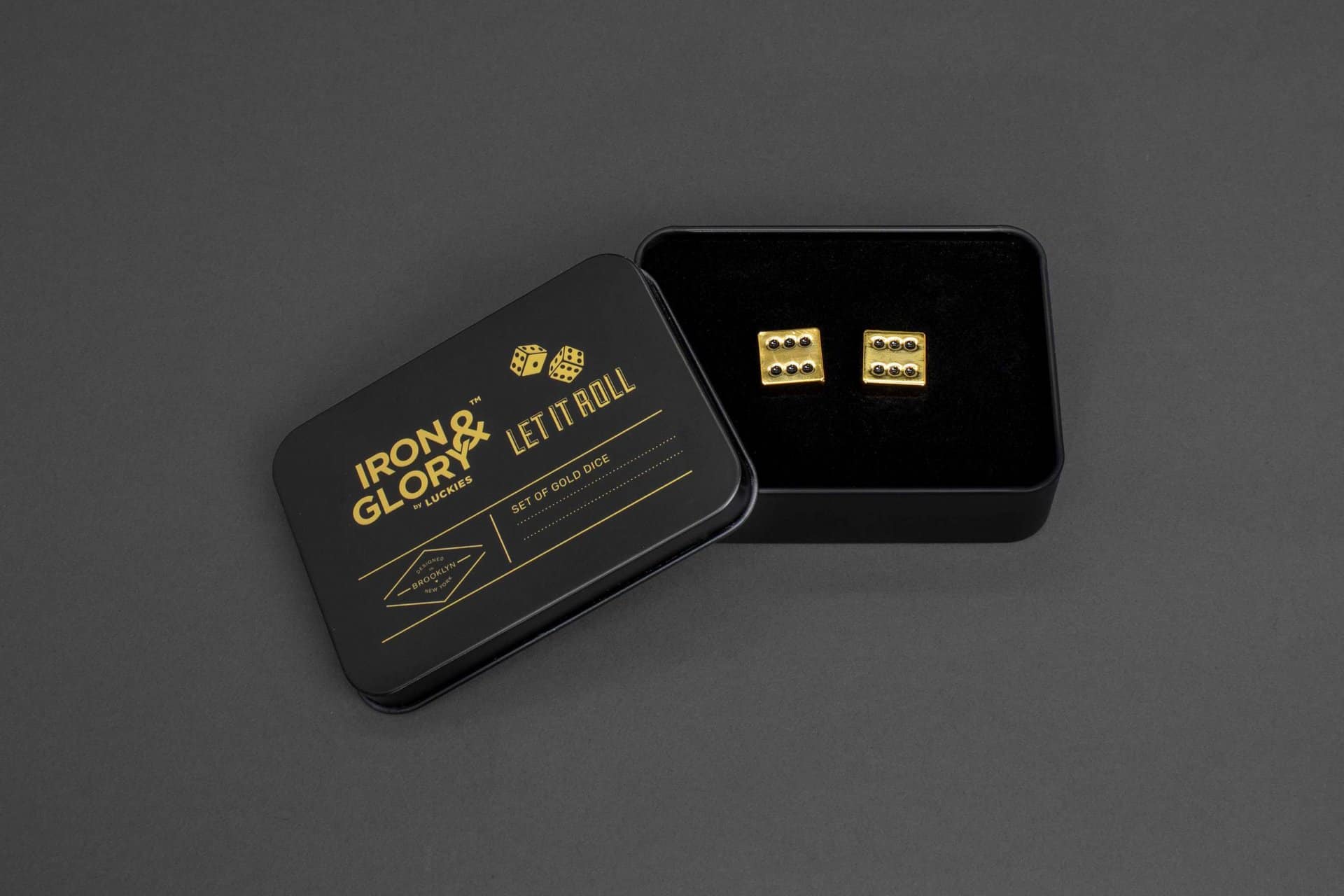
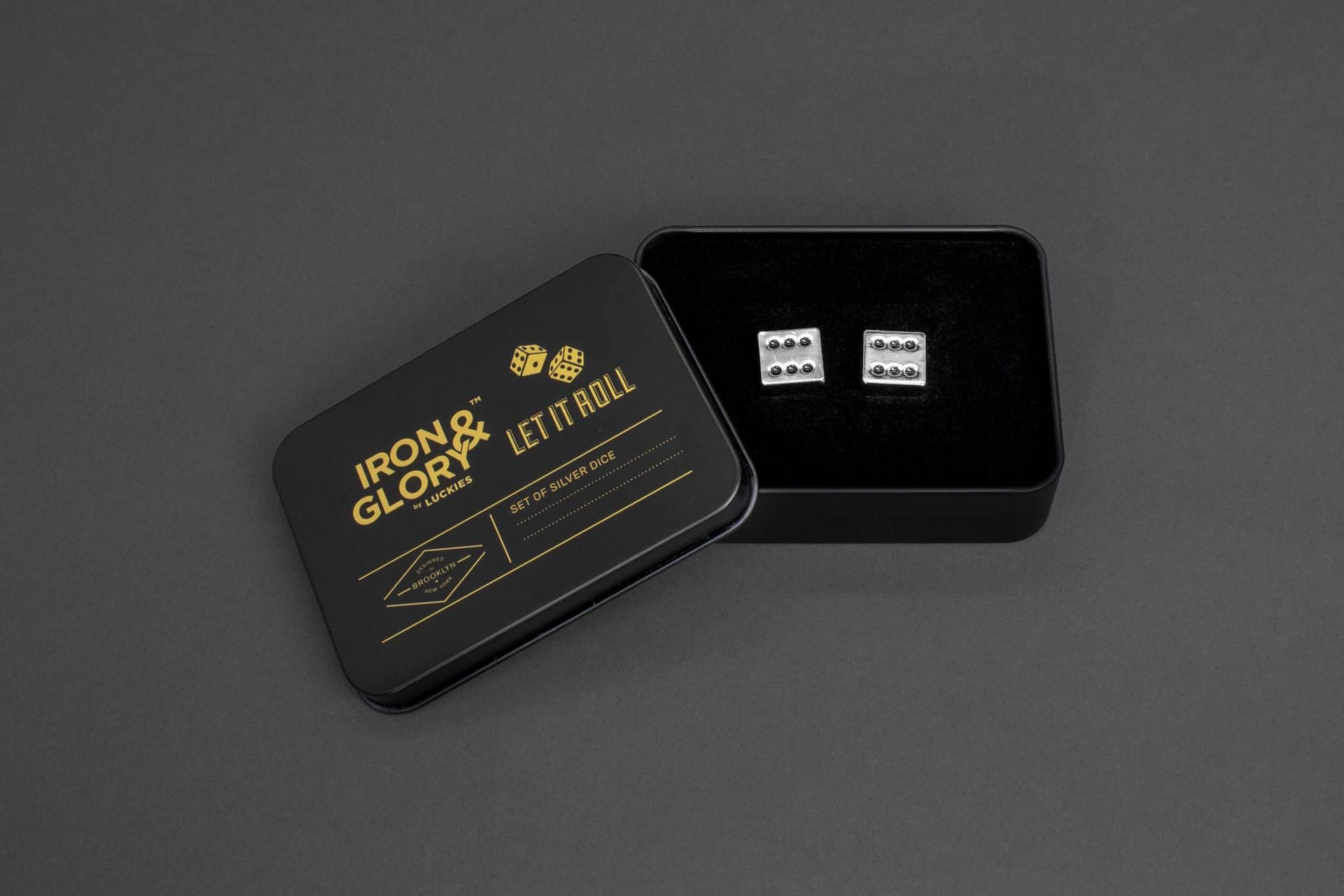
Brand: Iron & Glory
Select options
This product has multiple variants. The options may be chosen on the product page
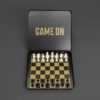

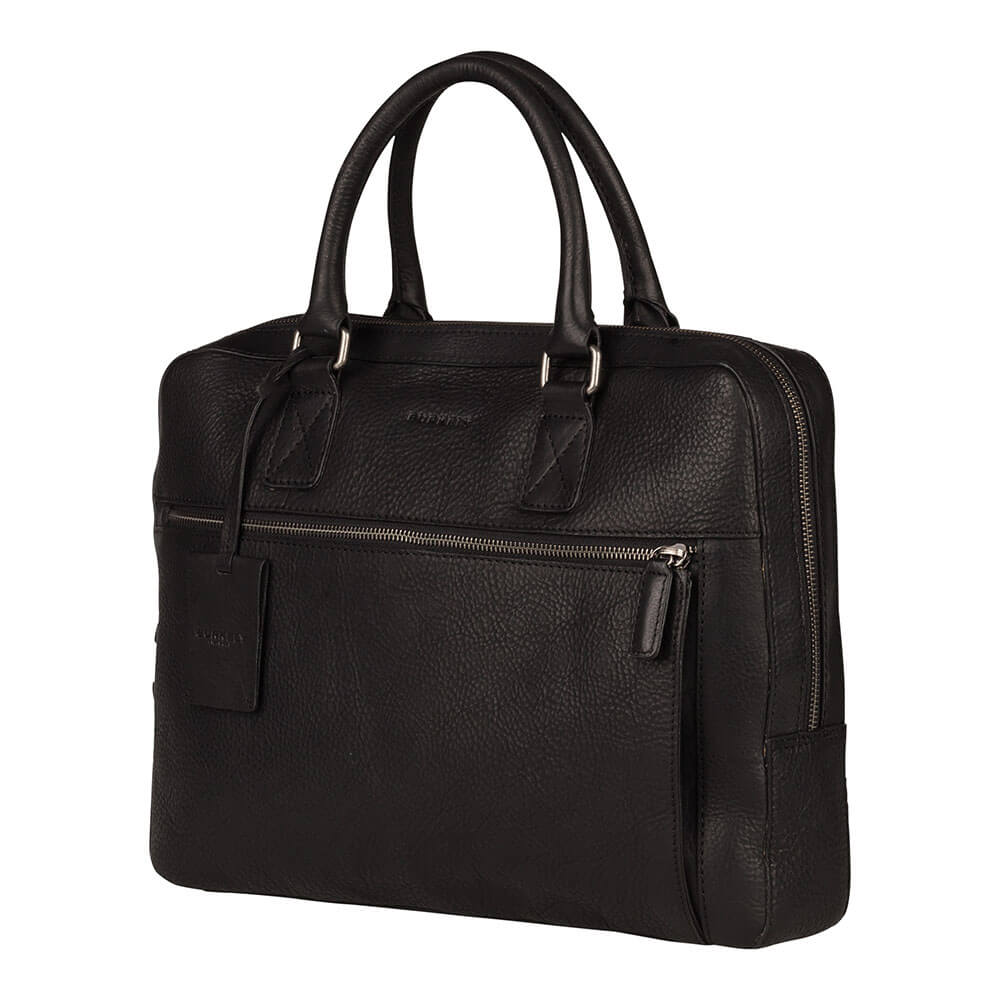
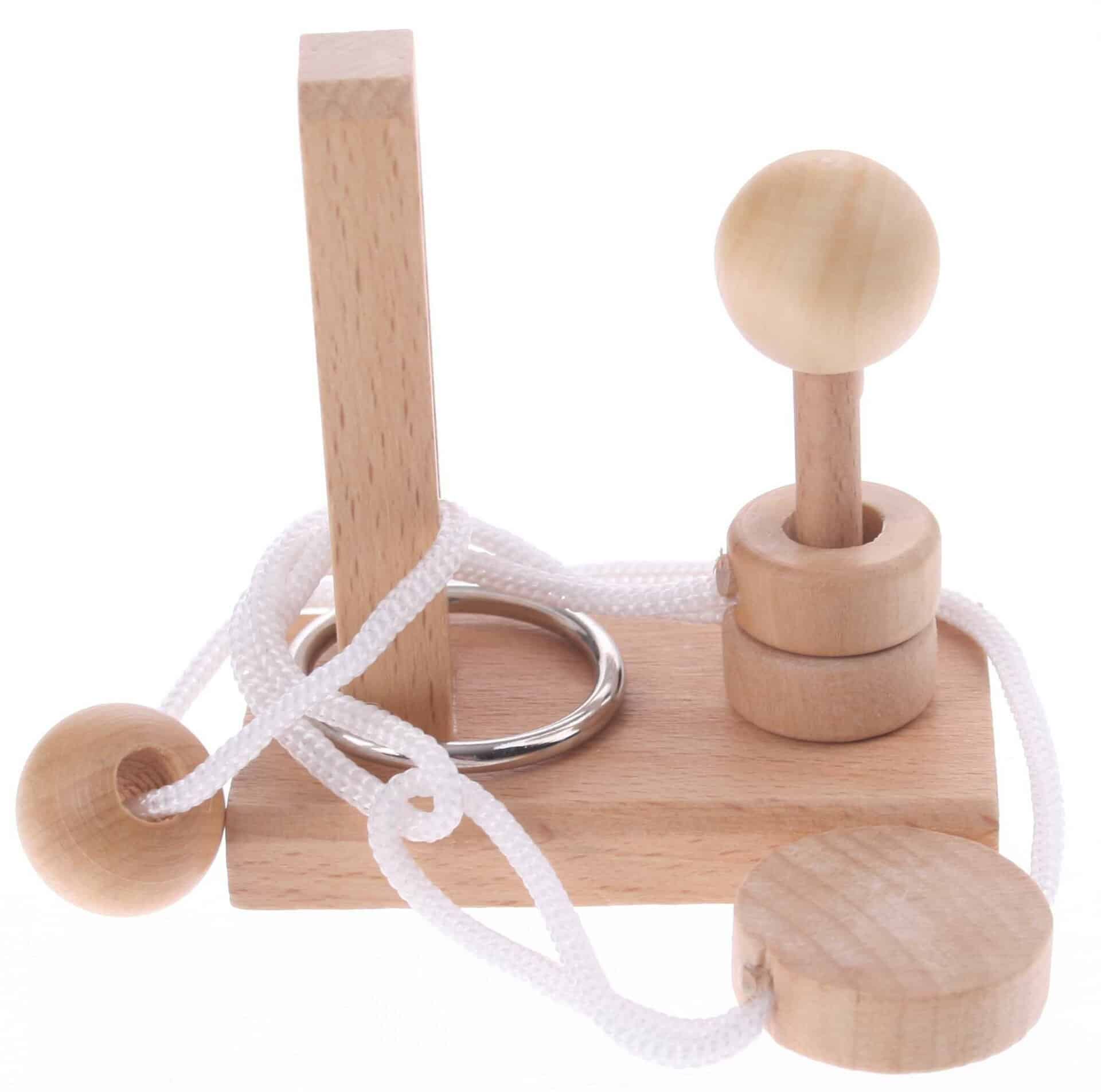
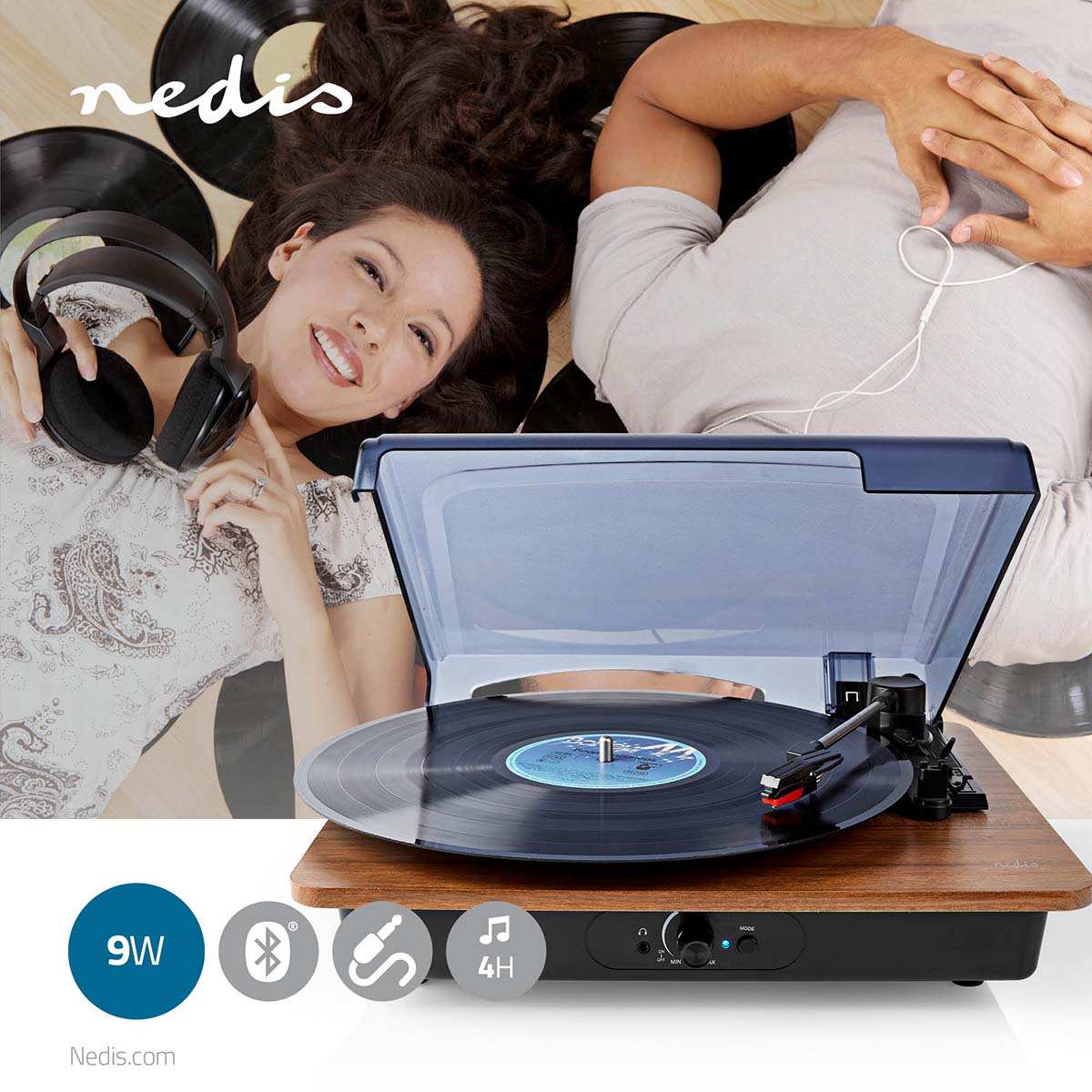
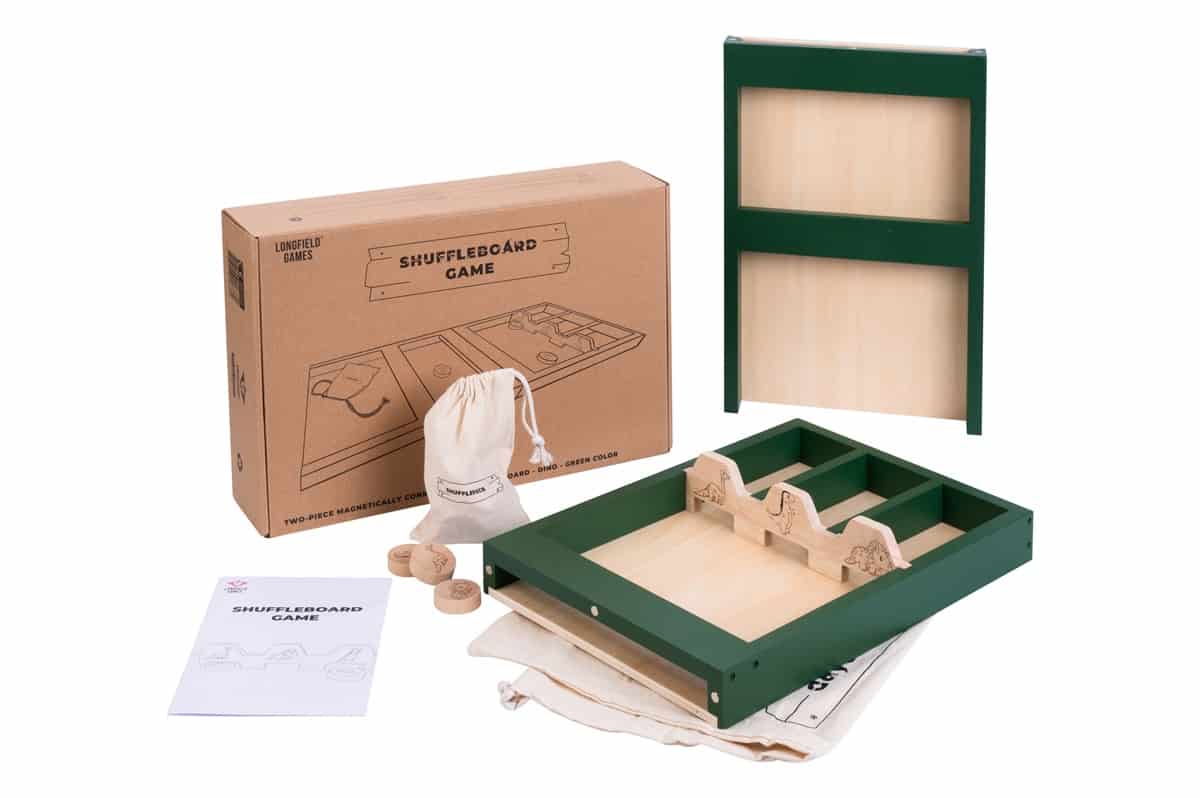
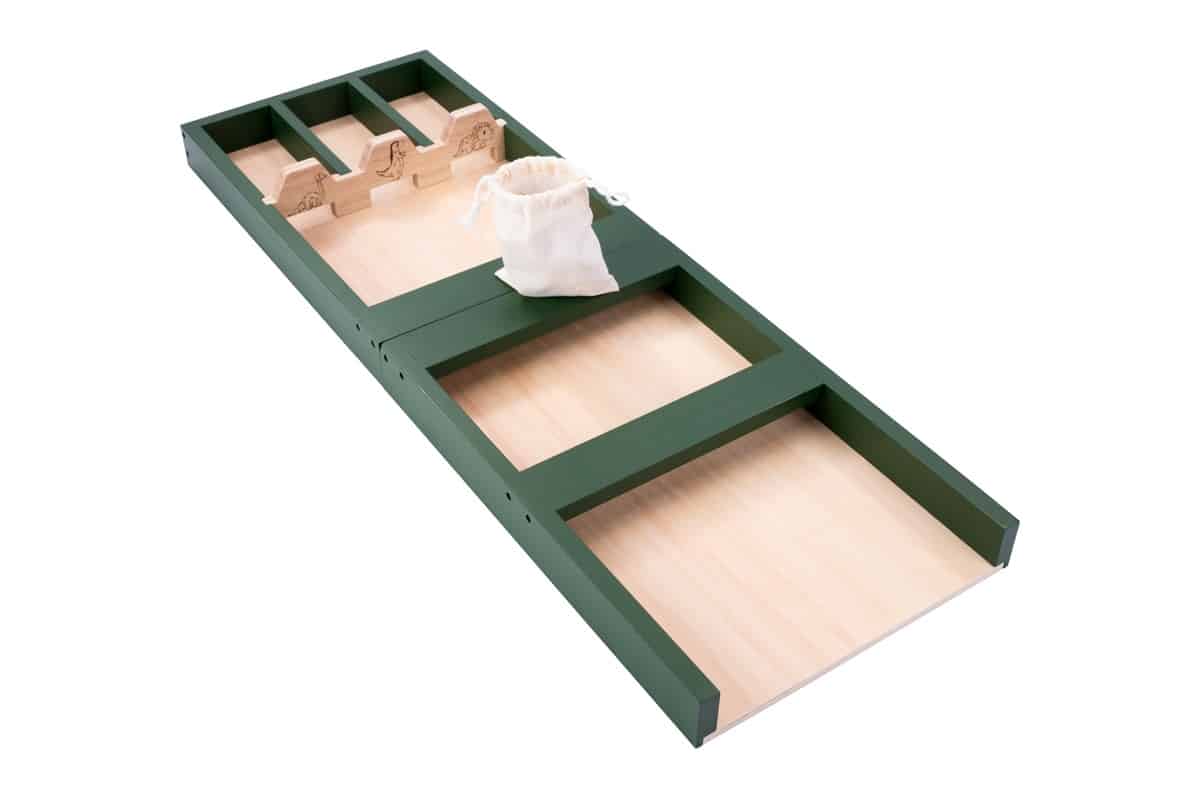
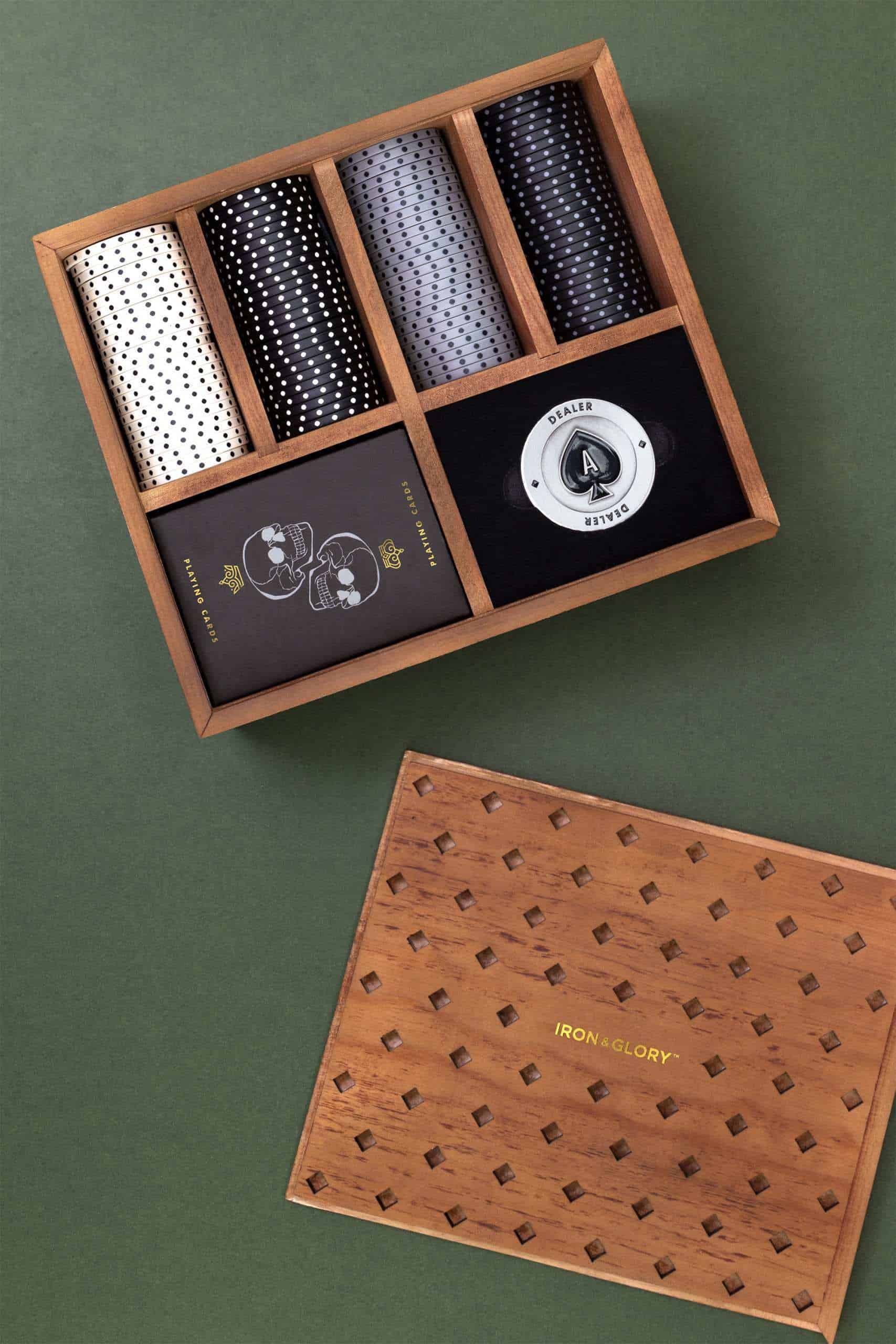
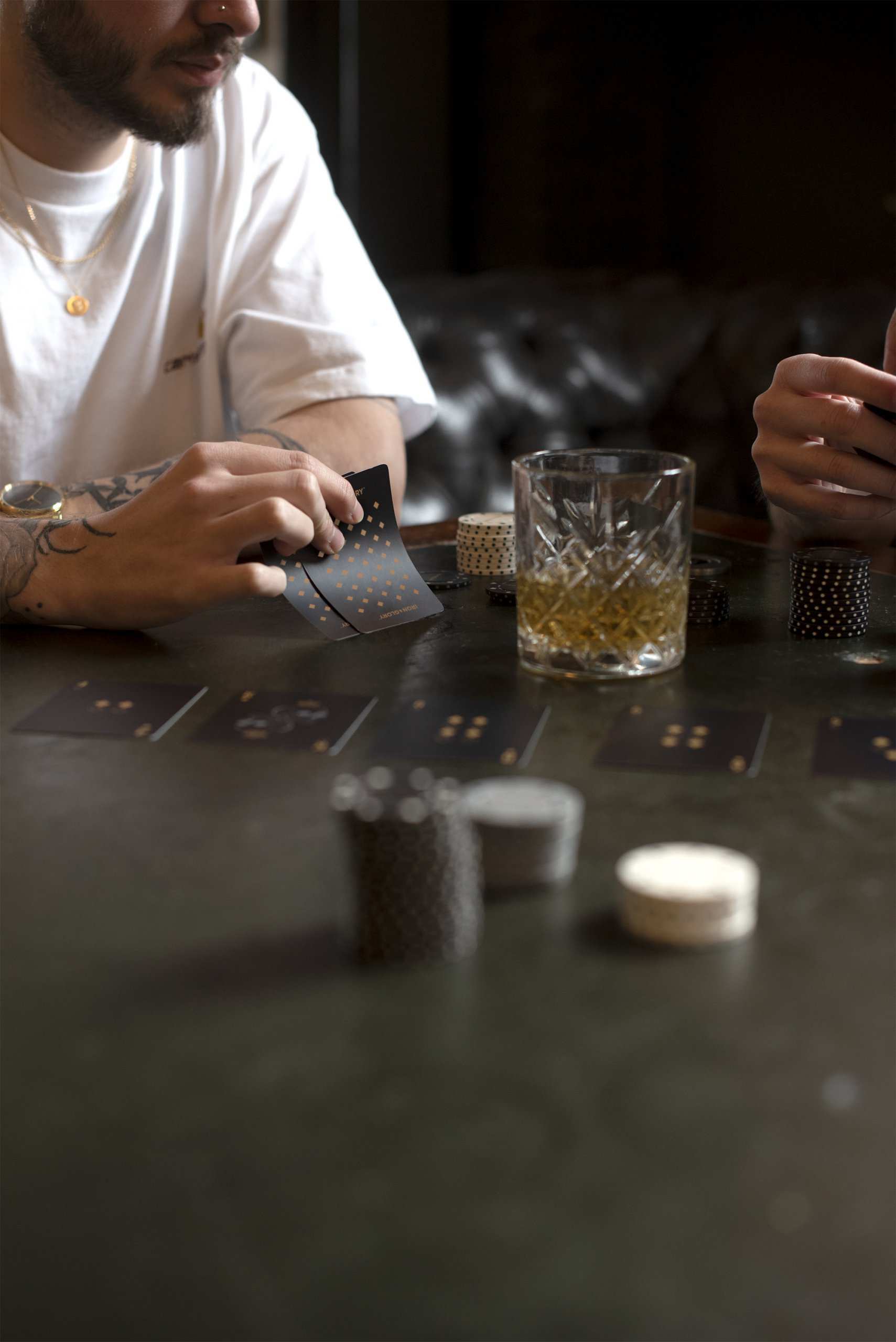
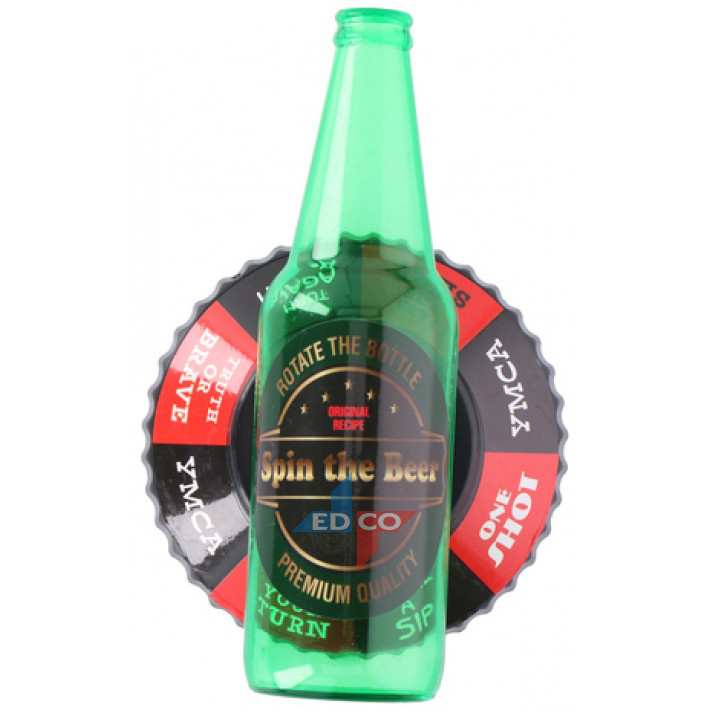
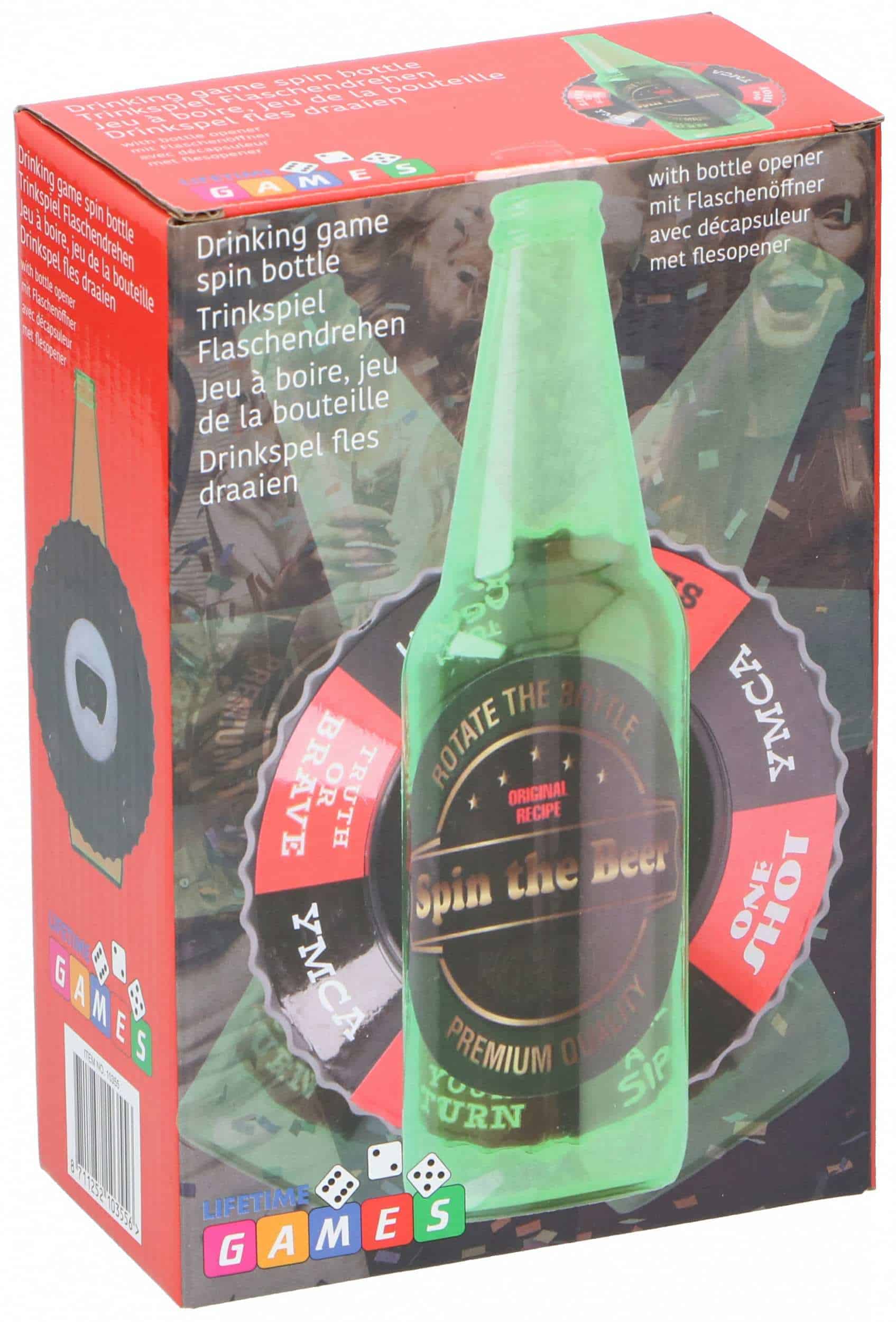
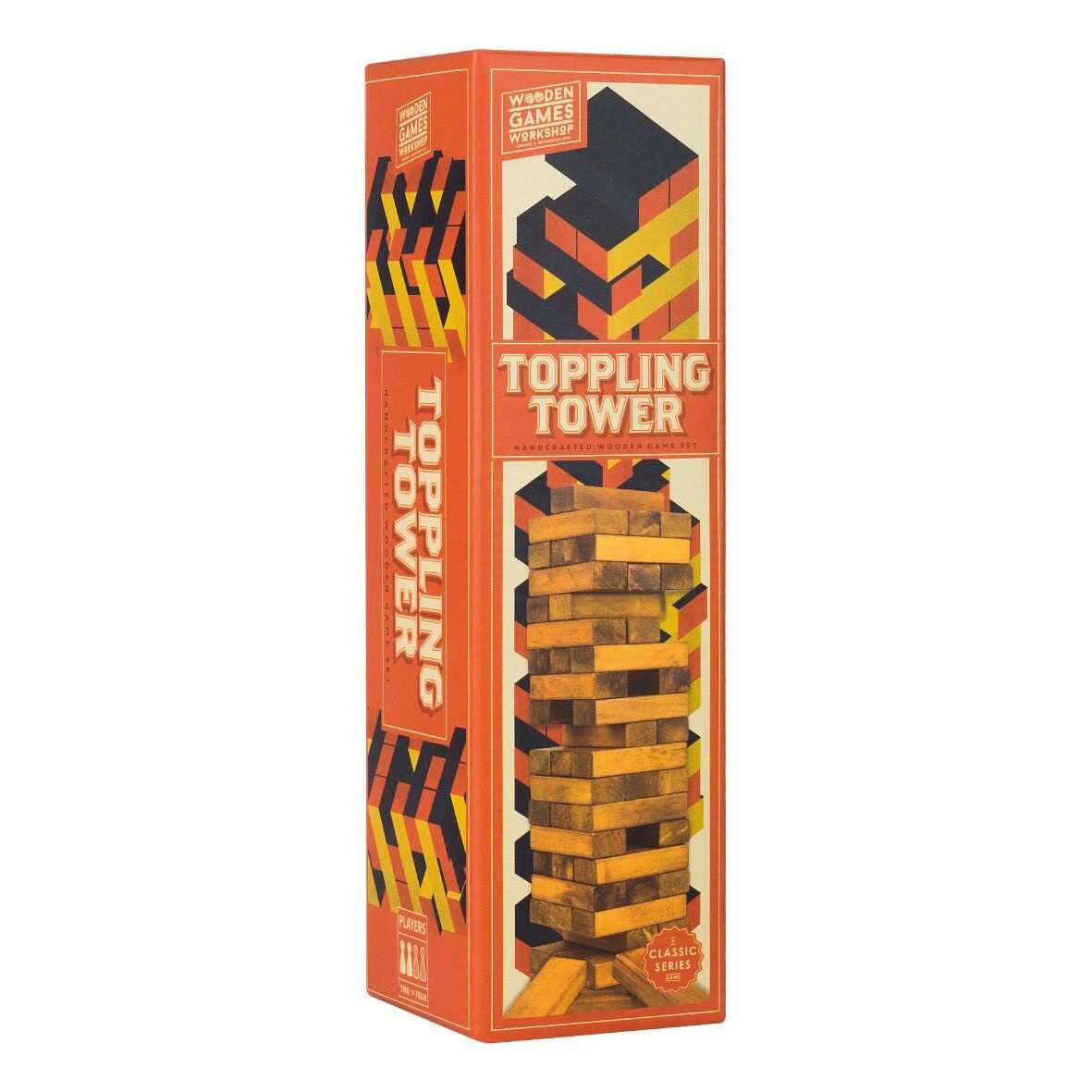
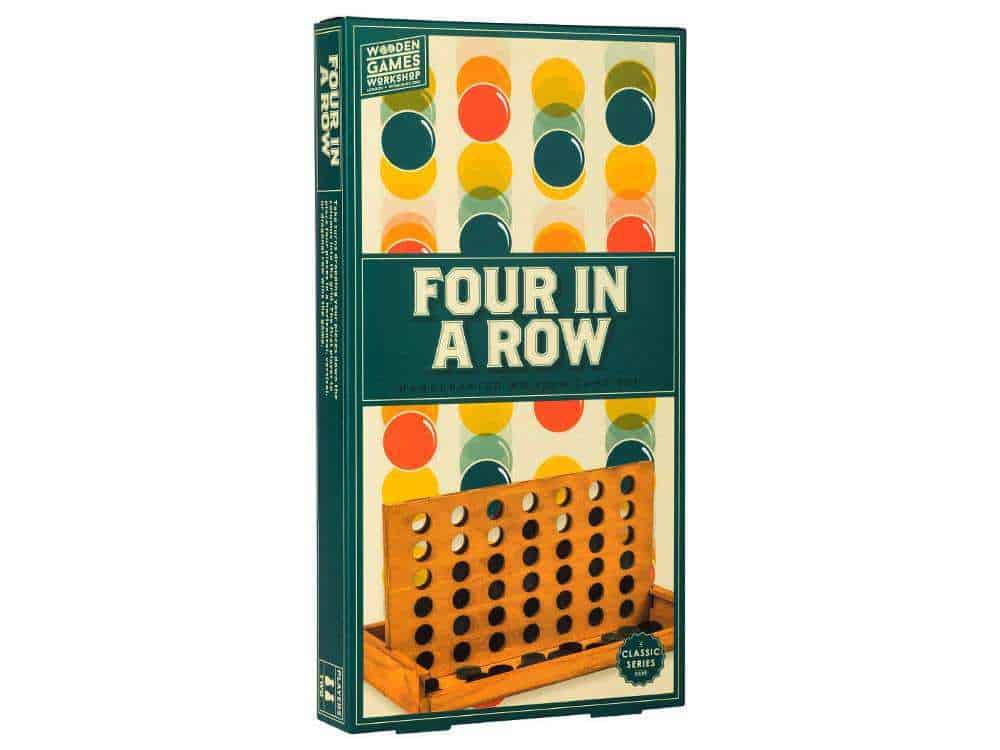
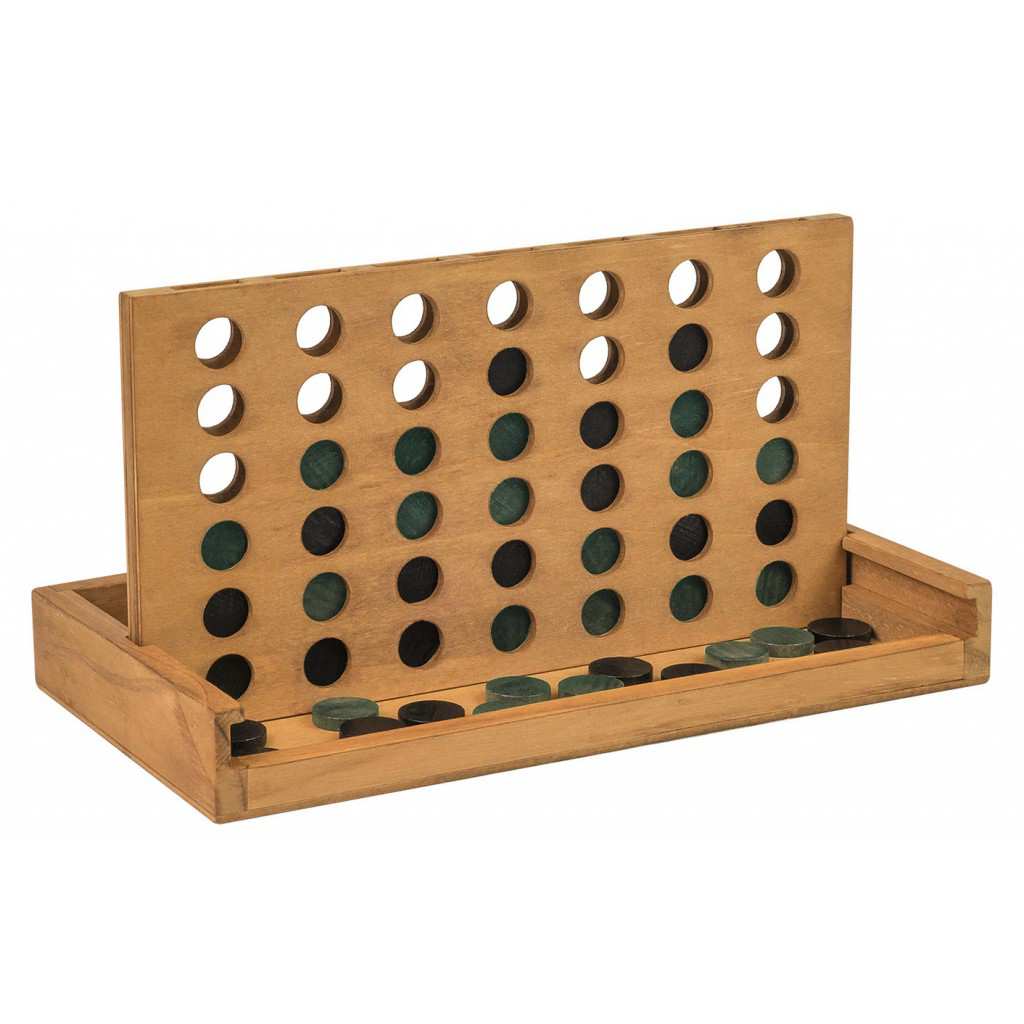
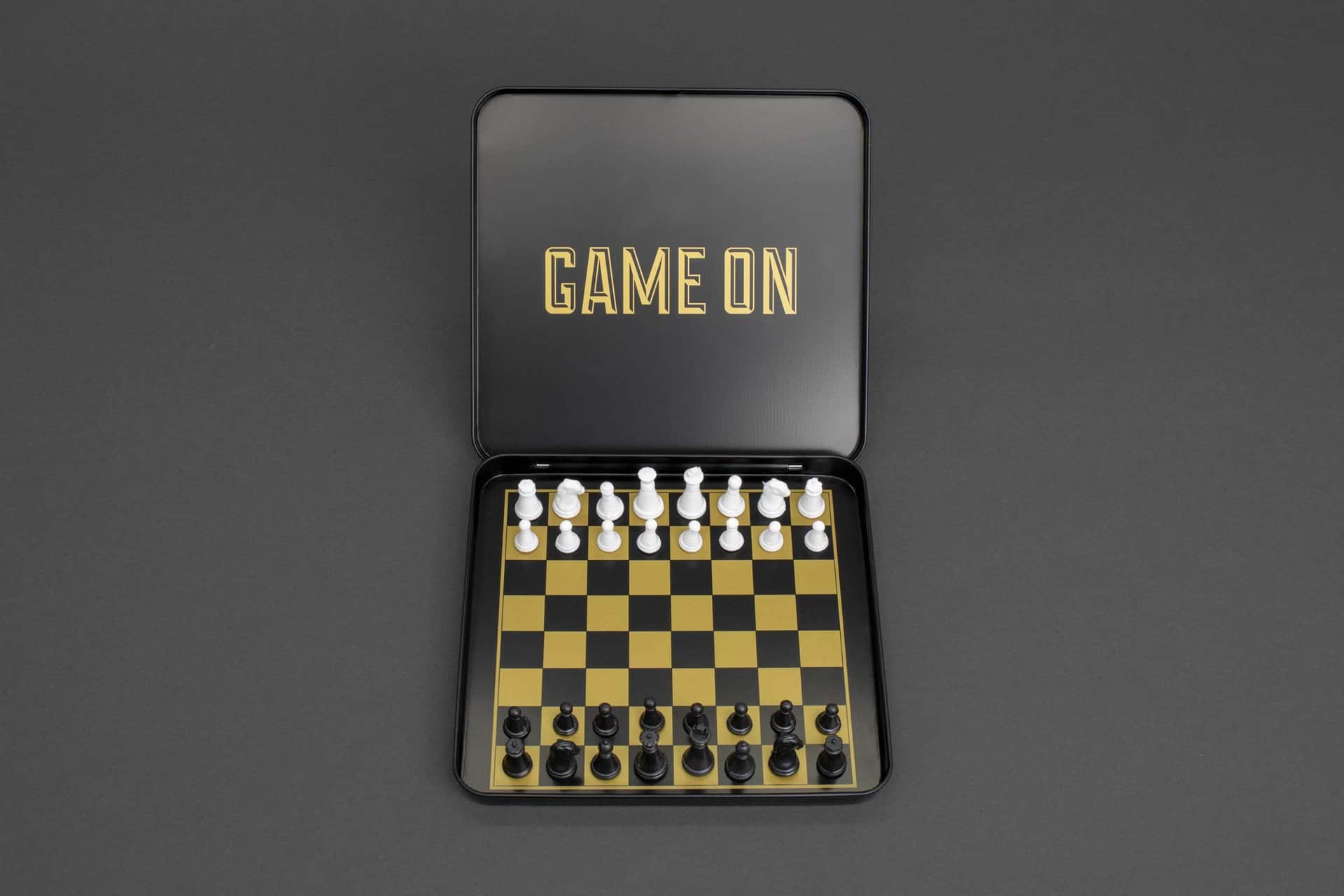
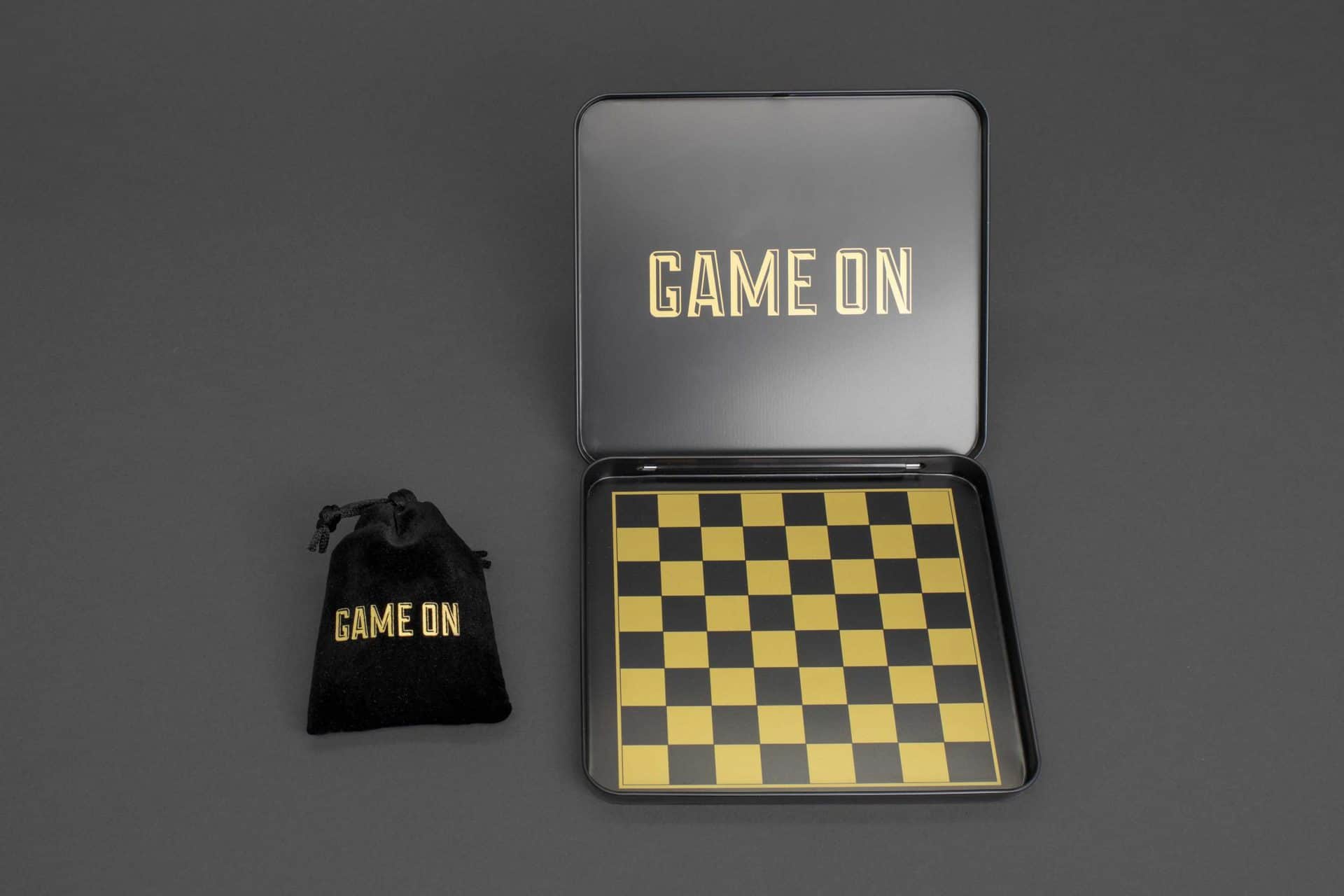
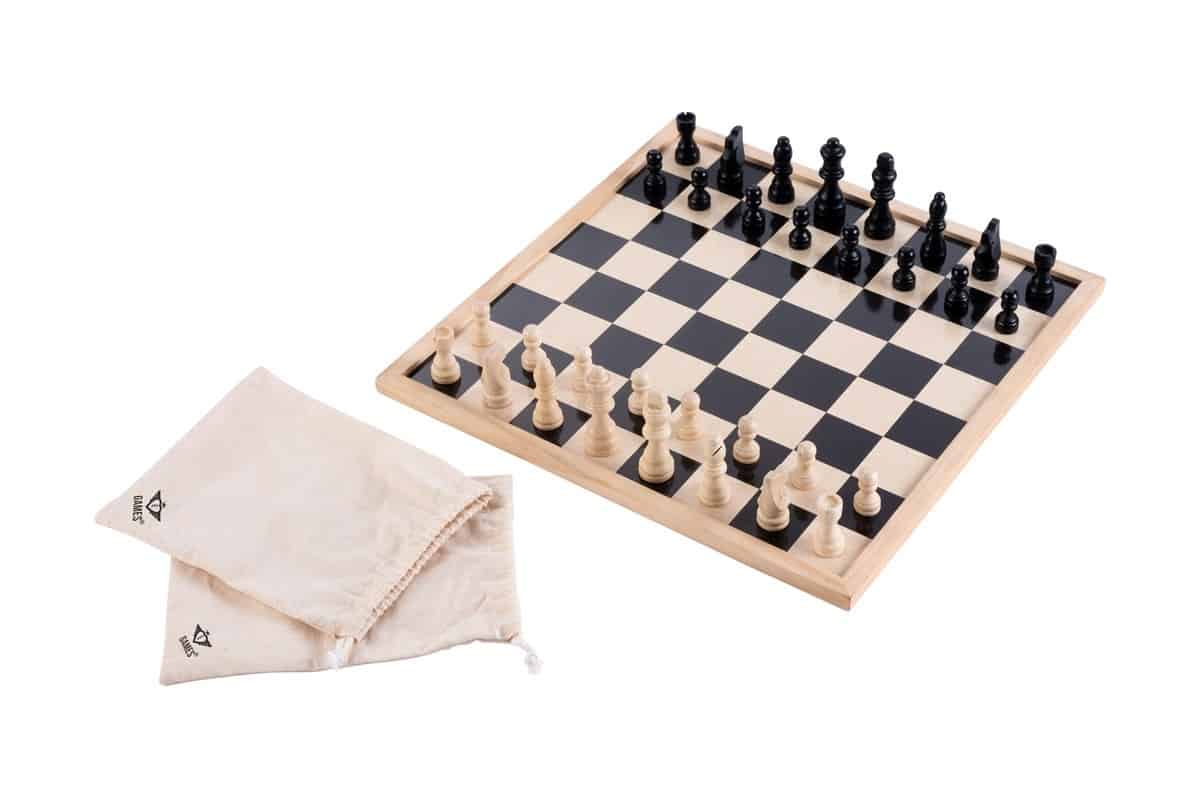
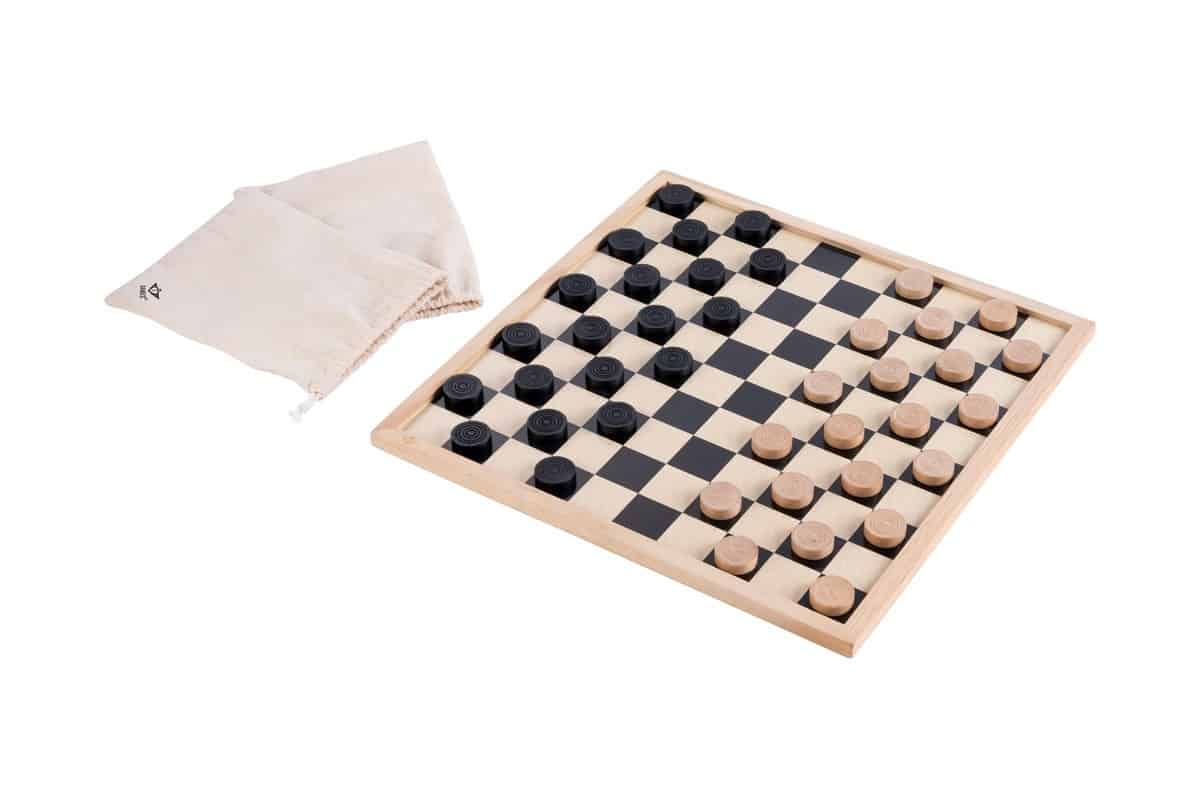
Reviews
There are no reviews yet.